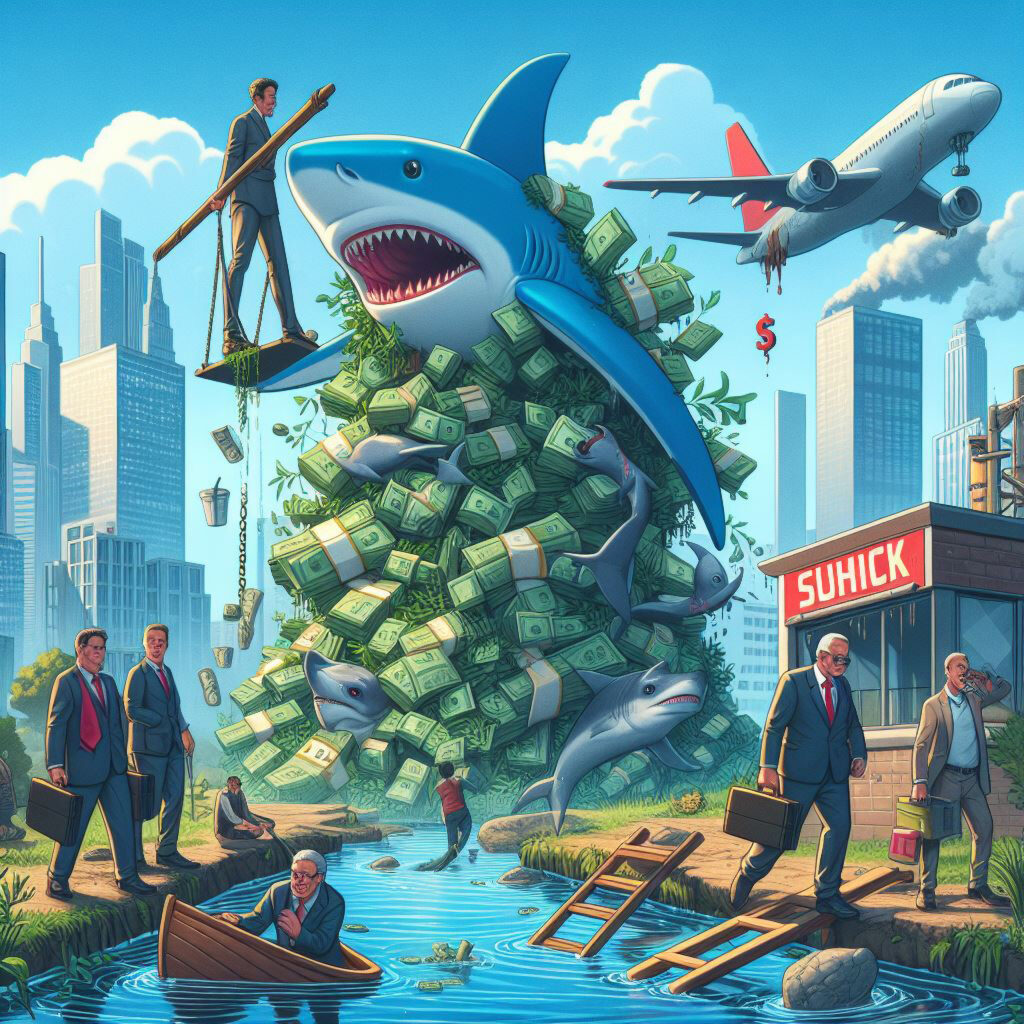Table of Contents
ToggleRobocup 2007
Robocup 2007, the world championships of robotic soccer, was held on the campus of Georgia Tech. During the events Georgia Tech computer science students gave project demonstrations. They showed many elements of “The Aware Home.”
The computer scientists at Georgia Tech got everything right. Almost. The technology they were developing is the way we live today. With one big difference.
Surveillance Capitalism
In Georgia Tech’s imagining, the Aware Home had a master: the homeowner. In today’s surveillance capitalism dystopia our homes, phones, and lives do have masters. But that is not us, the user. The homeowner. Technology firms are our masters now. The tools we use are designed to serve them, not us. Our lives are raw ingredients. Technology firms deconstruct our lives. Make derivative products. Package us. And sell us to corporations and governments.
Those who control the code, the billionaires of Google, Facebook, and other corporations, serve their own greed for money and power. We come second. If at all.
The Benefits of Artificial Intelligence
Enter artificial intelligence. AI is not new. British mathematician Alan Turing thought about it and devised a way to test it in 1950. An IBM computer, Deep Blue, defeated the human world chess champion, Garry Kasparov, in 1997. For decades now AI x-ray reading algorithms have been better diagnosticians than human doctors with 10 years of radiology experience.
But for most of us, artificial general intelligence is new. It appeared at the end of 2022. Sixteen months later, AIs writing software like ChatGPT, and art software like Midjourney, are changing everything.
What next?
Is AI a threat? Or a promise?
Many fear that AI will take jobs away. End careers. Make some college majors obsolete.
If a machine can do the work of a person, is that bad? Does it take your job? End your livelihood? Make you less of a human being? Or does it free us from drudgery? Enable us to live more satisfying lives? Usher in a new era of human flourishing?
These are not technology questions. These questions are about technology. But they are economic questions. Social, cultural, and political questions.
Why do we work 40 hours a week? Why not 60? Why not 20? If AI can do a significant part of the work that humans do now, where do the benefits of this efficiency go? Does it all go into turning a few billionaires into trillionaires? Or do we build a culture that shares the benefits of human progress with all humans?
User Generated Content
Research Universities, Encyclopedia Britannica, and the New York Times use experts to produce new knowledge. Wikipedia, Google, and Facebook do not produce new knowledge. Instead they leverage user-generated content. They aggregate existing knowledge. They don’t pay for the knowledge. But most of them sell it.
Now AI repeats this paradigm. AI trains on vast repositories of human knowledge, writing, and art. AI consumes our creativity. Remixes it. And sells us derivative works. AI does not pay for the knowledge and creativity it consumes. AI steals. Then expects us to pay.
The American Tradition
The American tradition is privatized profits and socialized costs.
Tobacco companies reap great profits. When their customers develop emphysema, cancer, and other diseases, tobacco companies don’t pay. The larger culture pays. Privatized profits from socialized costs.
Fast food companies reap great profits. When their customers develop obesity, diabetes, and other diseases, fast food companies don’t pay. The larger culture pays. Privatized profits from socialized costs.
Energy companies reap great profits. When the land, water, and air they pollute make people sick, energy companies don’t pay. The larger culture pays. Privatized profits from socialized costs.
Will AI follow the American tradition?
Who Benefits?
The fruits of AI should not be hoarded by an elite few. The things that AI can do are based on all of humankind. AI’s benefits should be shared with all of humankind. Shorter work weeks. Universal basic income. Greater human flourishing.
AI should lead to a golden age for humankind. Do we have the political and cultural will to demand this? Or will AI follow the American tradition? The path of social media? Will AI simply be another way to make the rich richer and the poor poorer?

More Stories
Can you imagine college without grades?
What would college without grades be like? Would no student ever do any work again? Or would it be an invitation to let go of the distraction of points and grades?
The Learning Management System turns 100
The learning management system celebrates it’s hundredth anniversary this year. Is education a thing to be managed?
When is it time to retire? And why do so many old people refuse to do it?
Retire while you’ve still got it? Or keep working till you’re incompetent? Or live a longer life by engaging with your work? What would you do?
Ellsworth Kelly’s Green Angle is hung wrong at The Broad
Unlike most artists, Ellsworth Kelly works are often pure figure. They rely on the architectural interior to be their ground. This makes how a work is hung a critical issue. Green Angle may be hung too low at The Broad.

